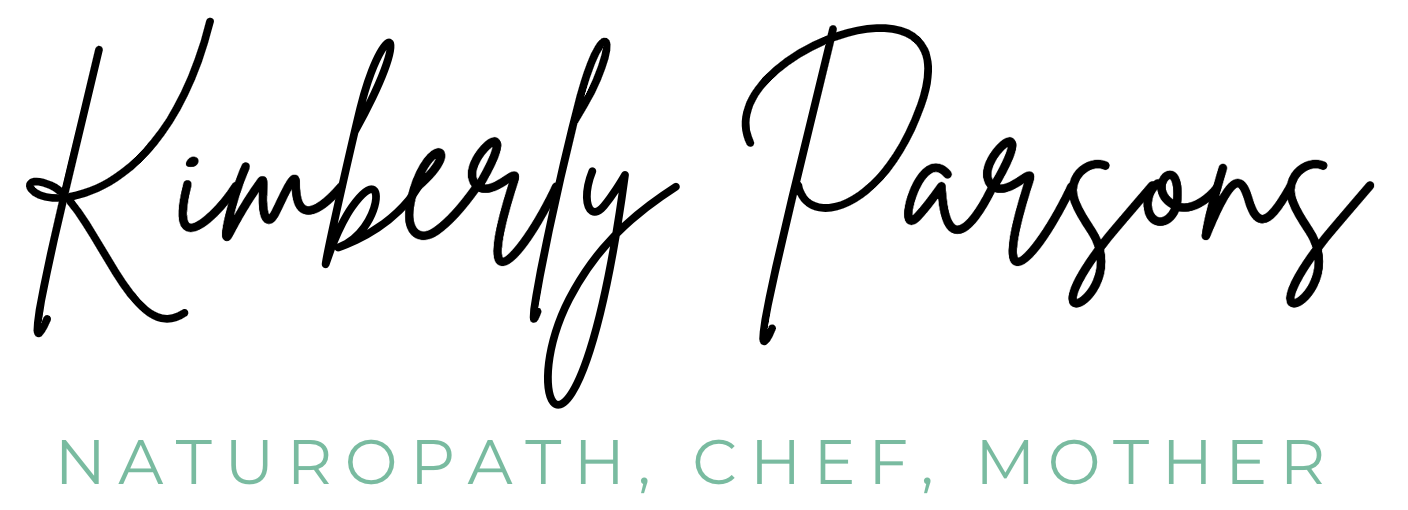The Real Deal On Plant Proteins
But where will I get my protein from?
If I had a pound for every time I was asked that question from patients toying with the idea of switching to a vegan or vegetarian diet, I would’ve bought my tesla by now! Fear around whether a plant-based diet provides enough protein and where to actually source it from seems to be the number 1 reason people don’t make the switch or do it very poorly.
Indeed, protein is an essential nutrient, absolutely critical not just in building and repairing muscle tissue, but in the maintenance of a wide array of important bodily functions. But does it matter if our protein comes from plants rather than animals?
We live in a society where we have been wilfully misled to believe that meat, poultry and dairy products are the best sources of dietary protein. The message is everywhere, “Protein, protein, protein”, generally reinforced with the message that more is better. This belief has become so deeply ingrained that to challenge its truth has become nothing short of delusional or impractical.
Thanks to huge marketing campaigns funded by the dairy and meat industries we have all been led to believe we need to eat a source of meat with each meal in order to get our daily intake of protein. It’s as if we are actually scared we might not be getting enough protein if we don't eat meat, poultry or diary. It’s this engrained sense of fear that continues to drive the meat industry and make us all nervous of the vegetarian or vegan way of eating.
Consider this: some of the fiercest animals in the world — the elephant, rhino, hippo and gorilla — are plant-powered herbivores. And nobody asks them where they get their protein from?
Proteins consist of twenty different amino acids, eleven of which can be synthesized naturally by our bodies. The remaining nine, known as ‘essential amino acids’ must be ingested from the foods we eat. So technically, our bodies require certain amino acids, not actually the end product which is protein.
If we consider this, all nutrients come from the sun or the soil. Vitamin D, the ‘sunshine vitamin’, is created when skin is exposed to sunlight. Literally every other nutrient comes from the ground. Minerals originate from the earth, and vitamins originate from the plants and micro-organisms that grow from soil. When parents feed their children their bedtime dairy milk they are giving them all the calcium, protein and other nutrients found in a cow’s milk that came from all the grass she ate. She drew all the nutrients up from the soil to make her nutritious milk. This is the exact information we seem so slow to integrate into our common nutritional knowledge. We don’t have to consume the cow’s milk to get those nutrients; we can get it from the plant’s directly. Those 9 essential amino acids are certainly not exclusive to the animal kingdom.
The fact is, and if there is only one thing you take away from this blog, then let it be this: Animal products only contain those 9 essential amino acids which our human bodies cannot make ourselves because they too consume plants, so again, what’s the issue with cutting out the middle man here and removing the meat, poultry or dairy products and going straight to the plant-based source?
And despite what you might have been told, I submit that more protein isn’t better. Satisfy your requirement and leave it at that. More protein can lead to elevated blood sugar, weight gain, higher nitrogen levels which lead to kidney stress, leaching of bone minerals, and the stimulation of cancer cells.


